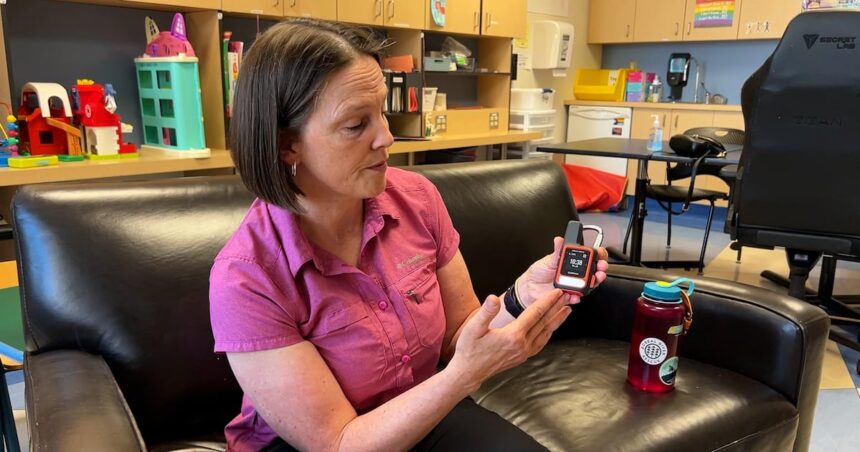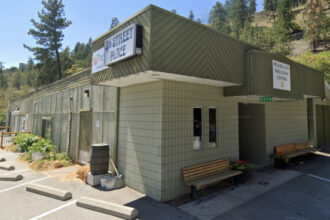The tranquil wilderness of Algonquin Park transformed into a scene of terror last weekend when a sudden, violent thunderstorm trapped a Toronto family on Smoke Lake, forcing a mother to draw on years of outdoor training to save her children’s lives.
“I’ve never seen the sky turn that black that quickly,” recounted Sarah Jennings, 42, who was camping with her three children aged 9, 12, and 14 when the storm hit with unprecedented fury. “One minute we were paddling under blue skies, and the next, it was like nightfall with winds that nearly capsized our canoe.”
Meteorologists at Environment Canada confirmed the June 20th storm produced wind gusts exceeding 90 km/h and unleashed over 40 millimeters of rain in less than 30 minutes. The sudden squall caught dozens of campers throughout the park unprepared, with Jennings’ family finding themselves nearly a kilometer from shore when the weather changed.
“My first thought was just to get to land—any land,” Jennings told CO24 News. “But the waves were crashing over our canoe, and my youngest was crying. That’s when I remembered my wilderness training: sometimes the nearest shore isn’t the safest option.”
Instead of fighting the wind toward the nearest visible shoreline, Jennings made the crucial decision to redirect their canoe toward a small island with natural wind protection. This split-second judgment likely saved their lives, according to park rangers who later assisted in their recovery.
“What Ms. Jennings did was textbook wilderness survival,” explained Senior Park Ranger Michael Odjig. “She found a protected cove, secured her family away from potential falling trees, and created an improvised shelter using their canoe and emergency tarp. Most importantly, she remained calm when her children were panicking.”
The family huddled for nearly four hours as the storm raged around them. Using an emergency radio beacon—standard equipment Jennings always packs—they were able to signal their location to park authorities who dispatched a rescue team once the weather cleared enough for safe travel.
“I’ve been taking wilderness survival courses since before my kids were born,” Jennings explained. “It seemed excessive to some of my friends, but on Friday, every single lesson came rushing back when we needed it most.”
This incident highlights a growing concern among Canadian park officials about the increasing severity and unpredictability of summer storms. According to Ontario Parks data, ranger-assisted rescues related to severe weather have increased by 28% over the past five years.
“Climate change is creating more violent and less predictable storm systems,” noted Dr. Elena Mikhailov, climatologist at the University of Toronto. “What were once rare events are becoming more common, and traditional weather patterns that local guides relied on are changing.”
The Jennings family’s experience has sparked renewed calls from safety advocates for mandatory basic wilderness training for all overnight backcountry campers. Currently, Algonquin Park recommends but does not require such training.
“Most people don’t realize that cell service is nonexistent in much of the park,” warned Odjig. “Without proper preparation and equipment, you’re truly on your own when emergencies arise.”
For her part, Jennings credits not just her training but also her children’s cooperation during the crisis. “My oldest took charge of his siblings while I secured our canoe and gear. They were scared but followed instructions perfectly.”
The family was evaluated for hypothermia at a nearby medical station but required no further treatment. Despite the harrowing experience, Jennings says they plan to return to Algonquin next summer—albeit with even more emergency gear and a heightened respect for Mother Nature.
“The wilderness doesn’t care about your plans or your comfort,” Jennings reflected. “The question isn’t whether you’ll ever face an emergency in the backcountry—it’s whether you’ll be prepared when you do.”


















